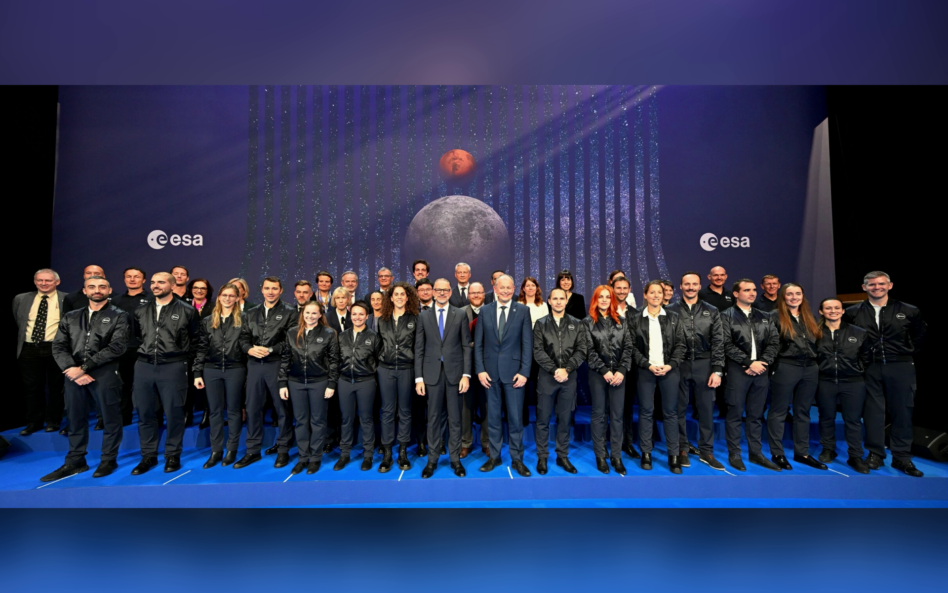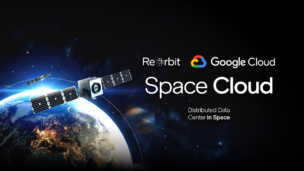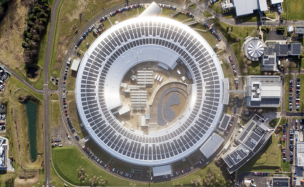On Wednesday, European Space Agency Director General Josef Aschbacher announced the newest class of European astronauts. The new recruits, the first in 13 years, will kick off a one-year basic training program at ESA’s European Astronaut Center in the spring.
Unlike previous classes, the new class of astronaut corps is split among three distinct groups:
- Career astronauts, who will be employed by the agency and begin preparing for a mission to space.
- Reserve astronauts, who will retain their day jobs and moonlight as astronauts in training. This is a brand new concept for ESA.
- Parastronauts, who have physical disabilities. This is a feasibility study that opens up opportunities for candidates with selected disabilities.
The selection process
ESA opened up its newest astronaut selection process on Feb. 16, 2021. To be considered for a spot, applicants were required to be a citizen of an ESA member state or associate member state; hold a Master’s degree in natural sciences, medicine, engineering, or mathematics; have at least three years of professional experience; and speak fluent English.
In response to its call for astronauts, the agency received a staggering 22,523 qualified applications, with an additional 247 candidates applying to be a parastronaut.
So who'd ESA pick? Let's meet Europe’s new astronauts.
Career astronauts
- Sophie Adenot (France)
- Pablo Álvarez Fernández (Spain)
- Rosemary Coogan (UK)
- Raphaël Liégeois (Belgium)
- Marco Sieber (Switzerland)
Reserve astronauts
- Aleš Svoboda (Czech Republic)
- Sławosz Uznański (Poland)
- Marcus Wandt (Sweden)
- Nicola Winter (Germany)
- Andrea Patassa (Italy)
- Carmen Possnig (Austria)
- Arnaud Prost (France)
- Amelie Schoenenwald (Germany)
- Sara García Alonso (Spain)
- Meganne Christian (UK)
- Anthea Comellini (Italy)
Parastronauts
John McFall, hailing from the UK, is world's first astronaut with a physical disability. McFall had one leg amputated after a motorcycle crash when he was 19 years old. He went on to become a professional sprinter and competed in the 2008 Paralympics in Beijing. He's also a surgeon.
If you’d like to read more about ESA’s 17 new astronaut candidates, head here. Or check out the agency’s announcement event in Paris below.
A historic event
This is only the third time in the agency’s history that it has selected a new class of astronauts.
The first class was recruited in 1978–1979, as part of the Spacelab program that saw ESA trade construction of a Space Shuttle science module for Space Shuttle seats. The call attracted 2,000+ applications. Ulf Merbold, Wubbo Ockels, and Claudie Nicollier were announced as the first ESA astronaut class in May 1978.
ESA picked its second class of astronauts in 2008–2009, a process that saw 8,413 valid applications. Samantha Cristoforetti, Alexander Gerst, Andreas Mogensen, Luca Parmitano, Timothy Peake, and Thomas Pesquet were announced as the second ESA astronaut class in May 2009. Cristoforetti is currently commander of the ISS.
With the latest announcement, ESA and its astronauts are stepping into a new era that will hopefully see the first European astronaut set foot on the surface of the Moon as part of NASA’s Artemis program.




